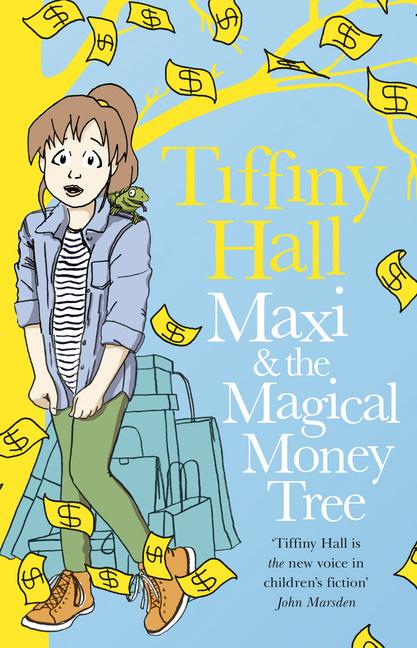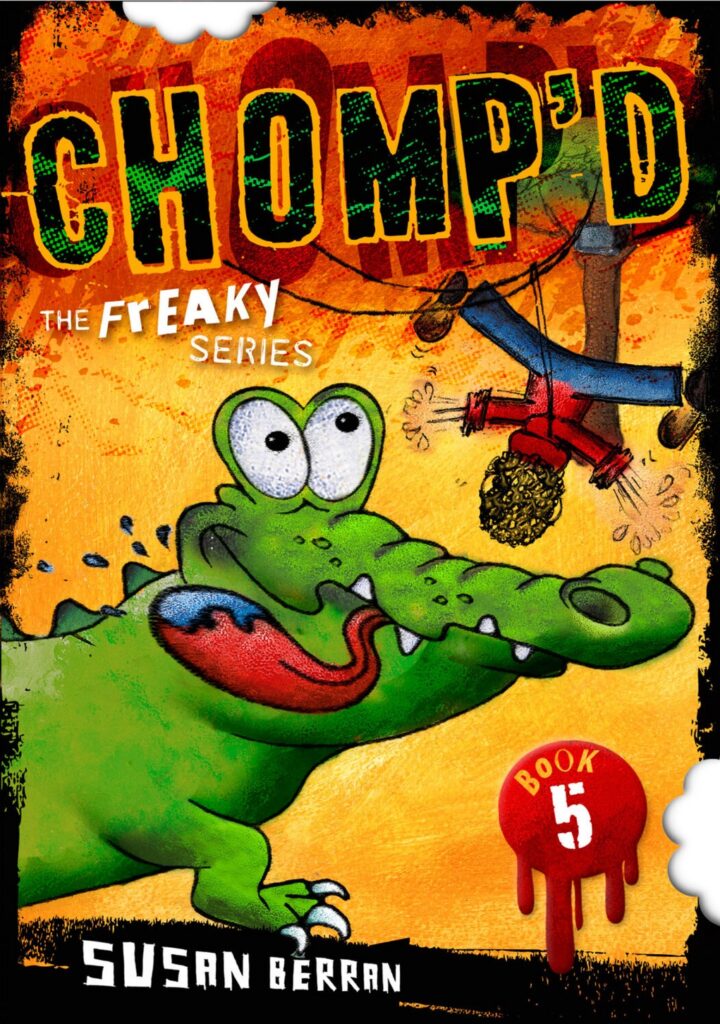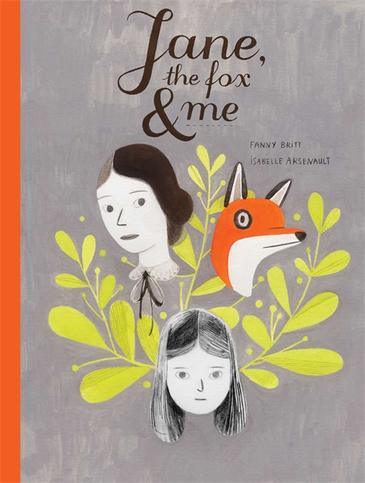Tiffiny Hall, Maxi and the Magical Money Tree, HarperCollins, 1 July 2015, 272pp., $14.99 (pbk), ISBN: 9 780732 29927
What would you do if you found a money tree? What would you buy? Would you tell anyone or could you keep it a secret? Naturally it would involve lying, well quite a bit of lying actually, so who could you trust? This is eleven year old Maxi’s dilemma when she finds a money tree growing in her family’s new house.
Hall explores a number of themes in this narrative: what makes a person rich; dealing with shyness; the difficulties in going without when everyone else seems to have more than you do; fitting in at school and the consequences of lying. Via Maxi’s dad, a teacher with a doctorate in Philosophy, readers also learn many new words and quite a bit about the philosopher Socrates.
Children will enjoy the humour, the twists and turns in the novel and the young characters’ style of speaking to each other. However, I found the writing a little flowery when Maxi was describing her sister:
‘I’m positive if butterflies could talk, they’d sound like my sister. I imagine they would whisper delicately as if the force of speaking risked tearing their wings apart.’
Maxi & the Magical Money Tree is suitable for children aged nine and up.
A Teaching Guide can be found on the HarperCollins website. The guide contains information on how to the book can be used to meet curriculum areas and key learning outcomes in Literacy and Language, Studies of Society and Environment (SOSE) and Visual Arts.
Reviewed by Katy Gerner





